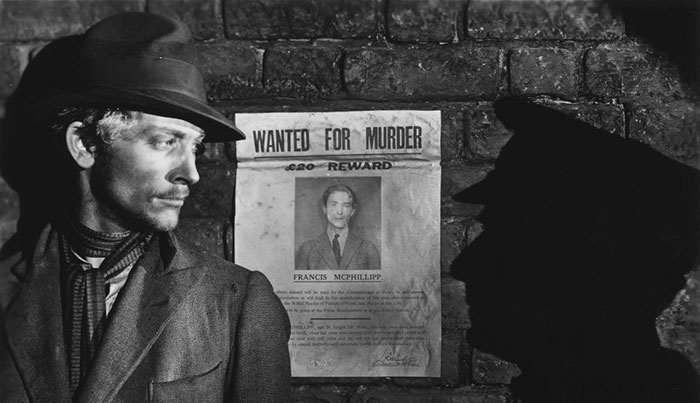New Minor Subjects
A number of programmes in the School of Histories and Humanities are open to Single Honors students in other subjects who wish to take up a new minor subject in their Senior Fresh year. Students who wish to pick up a new minor subject will take take 60 ECTS in the new minor subject of their choice across Years 2 to 4. The School offers new minors in History, History of Art, and Classics. For further information on the structure of these pathways at discipline level, please refer to the detailed information below.
History of Art & Architecture

Taking History of art and architecture as a minor new subject means picking up History of art and architecture as a new subject as a Senior Fresh (Year 2) student. On this pathway, you will take 60 ECTS in History of art and architecture across Years 2 to 4. Students lay firm foundations in Year 2 when they first join the History of art and architecture as a Minor pathway. You are introduced to the subject with two 10 ECTS survey modules that provide a chronological overview of the topic. As a Junior Sophister, you will take a combination of 5 ECTS modules, exploring ways of interpreting, writing and displaying art and architecture together with modules that look thematically at cultural interfaces in art and architecture through the centuries. In the final year of History of art and architecture as a Minor New Subject (Senior Sophister) you study two specialist 10 ECTS modules in-depth, with the opportunity to learn about specific periods or types of art and architecture through research-led teaching. Some examples include:
- Global post modern and contemporary art
- Architecture and the city
- Painting in Europe in the long eighteenth century
- European architecture in the sixteenth and seventeenth centuries
- Islamic art and architecture of the medieval Mediterranean
- Italian art in the long Renaissance
History of art and architecture: The course for you?
History of art and architecture will appeal to those interested in museums, galleries, architectural heritage, and visual culture. It provides students with essential knowledge and skills for documenting and analysing works of art and architecture. It hones an ability to describe and critically analyse images, builds a rich visual memory, and develops skills in research and its presentation. Students do not need any previous knowledge of art history or any practical skill in art to take this course.
History of Art & Architecture minor pathways
Contact: arthist@tcd.ie
History

Taking History as a minor new subject means picking up History as a new subject as a Senior Fresh (Year 2) student. On this pathway, you will take 60 ECTS in History across Years 2 to 4. Students lay firm foundations in Year 2 when they first join the History as a Minor pathway. You are introduced to History with a combination of 5 ECTS skills modules on ‘Doing History’ and 5 ECTS modules on specific themes. As a Junior Sophister, you will take two 10 ECTS modules on modern and international history. In the final year of History as a Minor New Subject (Senior Sophister) you study two specialist 10 ECTS modules in-depth, experiencing research-led teaching which explores broader themes.
Some examples include:
- Race and ethnicity in American thought since 1940
- Medieval Globetrotters: Exploration and World Conquest in the Age of the Black Death
- Atlantic Island: Eighteenth-Century Ireland in Oceanic Perspective
- Global Crisis: Environmental Disasters in World History
- The Troubles, 1968-1998; From Civil Rights to the Good Friday Agreement
History: The course for you?
History is about people. Studying History means studying lives, events and ideas in times and places often very different from our own. History embraces everything from the rise and fall of empires, or the birth of new ideologies, to the contrasting everyday lives of people in a whole range of settings, across time and across the globe. Studying History means developing critical skills, learning to express your ideas and arguments clearly, and becoming self-directed in your studies.
Contact: histhum@tcd.ie

